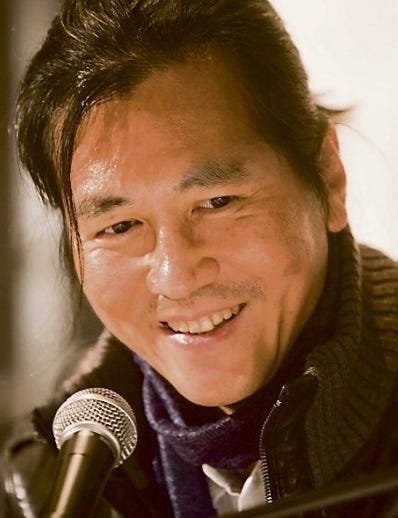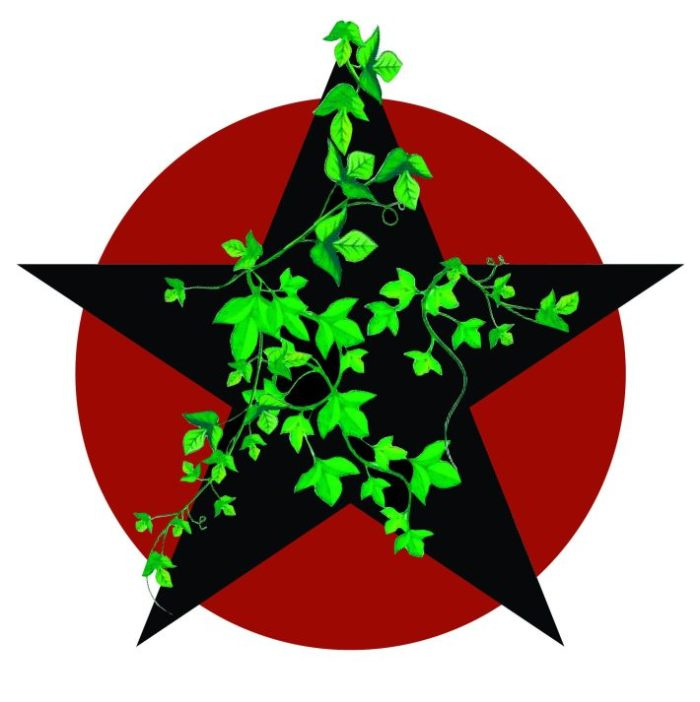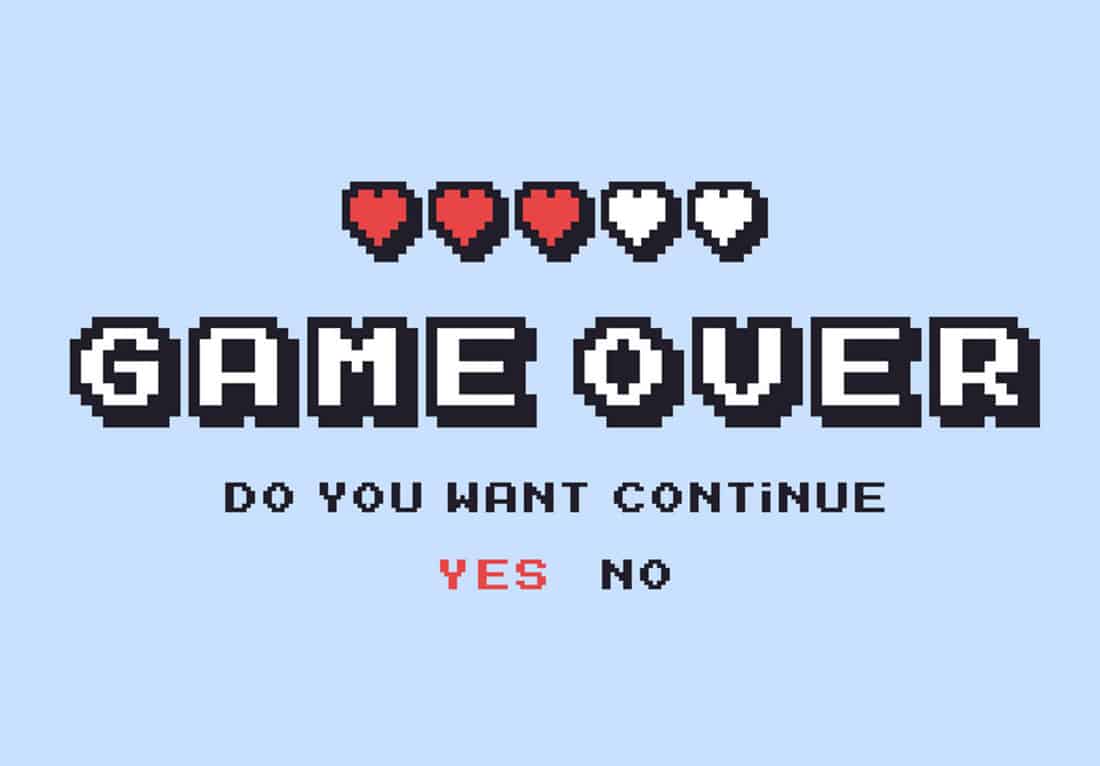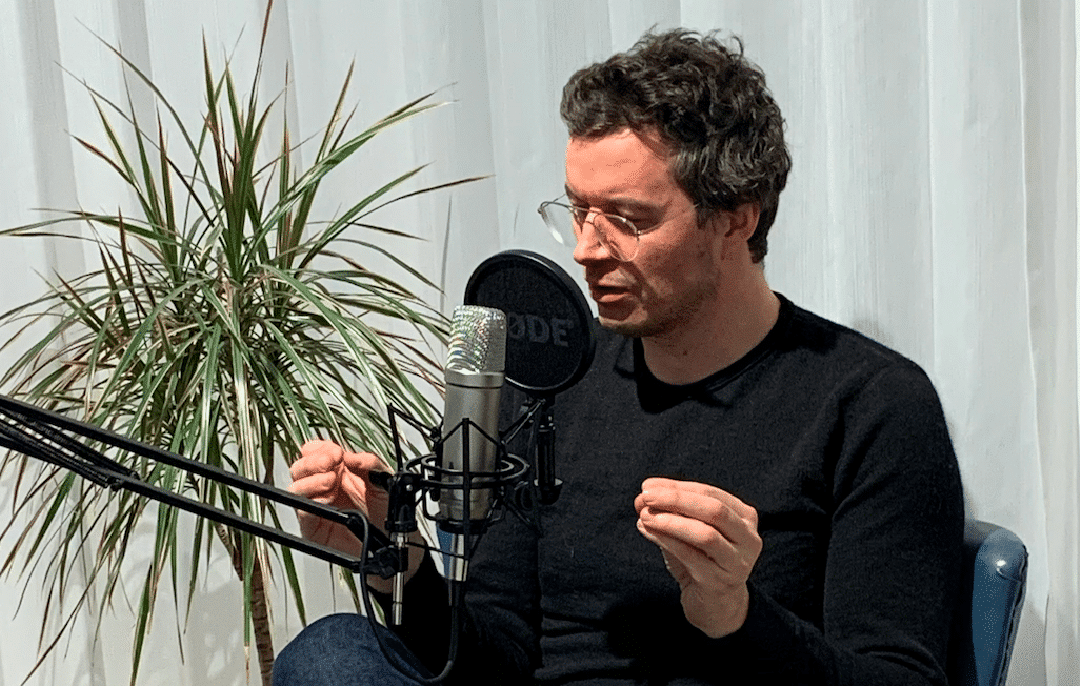

Burnout (Chrono-Politics, Part 4)
by W.D. James | Jul 31, 2024
Working 9 to 5, what a way to make a livin’
Barely gettin’ by, it’s all takin’ and no givin’
They just use your mind and you never get the credit
It’s enough to drive you crazy if you let it
– Dolly Parton, Working 9 to 5i
According to Byung-Chul Han (1959- ), we live in a ‘burnout society.’ We are probably all aware of the phenomenon of getting burned out. What Han’s social analysis turns on is the recognition that this particular malady is something we bring on ourselves; it is not inflicted on us by others, though there are structural dynamics at play, but stems from intentionally pushing ourselves too hard or too far for too long.

Han is a Korean-born German social critic and philosopher. He studied metallurgy in South Korea, but then moved to Germany to take up philosophy, literature, and theology. He studied in Freiburg, Martin Heidegger’s old school, and wrote his dissertation on him. Han is one of those sexy continental thinkers, by which I don’t mean anything about his physical appearance (though he does seem to have a good fashion sense), but rather that he operates in all the cool, hip, Euro fields of theory: post-Marxist critical theory, post-structuralism, cybernetics, Heideggerian phenomenology, deconstruction, post-Lacanian psychology, etc…, etc… I’m not sure if Europeans actually see all this stuff as intellectually sexy, but we more provincial Americans tend to. Man, anyone into that many ‘post-‘ things must really be advanced!
So, there is probably a little bit of sarcasm in that description, though in fact, I think all those things are interesting and some are even useful. There is a sort of thinker who saturates themselves in these sorts of discourses for the image it conveys. The danger when it comes to Han is that since he does swim so naturally in these waters, we might be tempted to think of him as falling into that category. That would be a mistake. He’s an exciting and perceptive critic of our contemporary world.
An age of neurological diseases
“Every age has its signature afflictions,” opens Han’s The Burnout Society.ii For him, the increasing prevalence of mental health disorders, new ways we relate to ourselves, and the neoliberal project of globalization are all linked. For the most part, Han does not set out to establish the causal connections between these things, but more to provide a hermeneuticaliii exploration of their interconnections and how they reflect one another so as to provide an interpretation of our predicament.
Han focuses on three fundamental shifts characterizing our contemporary situation and distinguishing it from the previous century. First, there is a shift from what he terms an “immunological” paradigm to one of “hybridization.”iv The former focuses on strict boundaries between inside and outside and self and other. It represents a focus not only on health as a matter of immunization and protection from contagion, but protecting one’s nation and society from the foreigner. Han asserts that the Cold War was built on this basic dynamic. This dynamic is incompatible with the now global economic order. It has been replaced by a paradigm which shifts ‘otherness’ (a threat) into ‘difference’ (with which one can engage). Under our new paradigm, we like blending things together. Transsexuality and the engineering of chimerav would be the most literal applications. Secondly, there is the shift from nationalism to globalism. Finally, there is the transition from the disciplinary subject described by Michel Foucault to the achievement-subject.
The afflictions of our time are neurological disorders: anxiety, depression, ADHD, bi-polar disorder, etc…. Han associates these specifically with our burnout society. Ironically, these result, on his account, not from something negative in our culture but from an excess of positivity.

Beyond discipline
The modern era was one of discipline and negativity. This is the world described by Foucault, the world whose characteristic institutions were the prison, the army, the school, the clinic. People were to be controlled through rational administration. The ‘norm’ became the standard: everyone must be disciplined into conformity. It was negative in that it operated through prohibition.
Our 21st century world is characterized by radical, even enforced, positivity and deregulation (both of the economy and of the self). “…its inhabitants are no longer ‘obedience-subjects’ but ‘achievement-subjects,” Han explains. “They are entrepreneurs of themselves.”vi
What has been discovered by those who oversee us is that it is much more efficient not to discipline people, but to set them free! However, this is, on Han’s telling, a very odd and very sinister freedom. We are intimately familiar with this achievement-subject. This is the person constantly seeking to ‘improve’ themselves, committed to exercise and physical well-being, who is concerned about their ‘personal brand.’ Largely, it is us my dear readers. It is not so much that any of these things are wrong in and of themselves, it is that they mark a new mode of existing in our neoliberal world. The achievement-subject is at once worker and boss, proletarian and bourgeois, slave and master. This is the genius of neoliberalism. We have been freed from the negativity of discipline and constraint through a giant ‘can’! Not what you can’t do, what you can. You can get healthier. You can be more popular. You can be more efficient and effective. You can travel to those exotic locations. You can be the star of your own social media world. You can be more beautiful. You can advance. You can have that. Just make yourself do it. The world of ‘can’ is a world without limits, of unending striving. You can always be, do, and have more.

“However,” observes Han, “the disappearance of domination does not entail [actual] freedom. Instead, it makes freedom and constraint coincide. Thus, the achievement-subject gives itself over to compulsive freedom—that is, to the free constraint of maximizing achievement.”vii Anti-authoritarians used to say there was a policeman inside of each of our heads and we had to kill that policeman. We did. He was substituted by a boss inside our head. No boss can drive us like we can drive ourselves. That, like the policeman, we might resist. Resistance is an inefficiency in the system. Globalized capitalism just keeps getting better at the game.
Survivalism
These developments also impact how we perceive the world and get along in it. Han notes the phenomenon of ‘multi-tasking’ which he terms “hyperattention.” He also perceives that our “[c]oncern for the good life, which also includes life as a member of the community, is yielding more and more to the simple concern for survival. We owe the cultural achievements of humanity—which include philosophy—to deep contemplative attention.”viii
This lack of attention, or paying attention, which makes us lose focus on the big questions like the meaning of life and of a good life, reduce us to the immediate and the immediate within the structures of neoliberalism means survival: in the market and in life. He goes on “[i]f late-modern achievement society has reduced us all to bare life, then it is not just people at the margins or in a state of exception—that is, the excluded—but all of us, without exception, who are homo sacri [man the accursed or man the set aside/holy]…. Now bare, sheer life itself is holy, and so it must be preserved at any cost.”ix “The capitalist economy,” he admonishes, “absolutizes survival. It is not concerned with the good life.”x

Having been liberated into the market-jungle, having been told it’s all up to us, our characteristic insecurities are a sense of inadequacy, inferiority, and fear of failure. As such, the society of the achievement-subject becomes a “doping society.” In response to our insecurity and burnout we seek to manage the neurological symptoms via licit or illicit pharmaceuticals. Paradoxically, the compulsion to get better and better makes us sicker and sicker.
Sounds pretty much like us.
Self-exploitation
The achievement-subject “possesses an entirely different psyche than the obedience subject.”xi Whereas the latter was a subject of “duty,” the former is a subject of desire. As the neoliberal economy is an economy of desire, so we who inhabit it are subjects determined by our desire. A “dialectic of freedom” is operative by which “[f]reedom from the Other switches into narcissistic self-relation, which occasions many of the psychic disturbances afflicting today’s achievement-subject.”xii
Hence, with regard to the modern self, in turning itself into a project, it is proper to talk of it being under an auto-compulsion. “Auto-compulsion,” Han goes on, “which presents itself as freedom, takes the place of allo-compulsion.”xiii “Achievement society,” Han elucidates, “is the society of self-exploitation. The achievement-subject exploits itself until it burns out.”xiv Freedom and compulsion now coincide. Domination is costly and provokes resistance. It is inefficient and unstable. With the advent of the achievement-subject, the logic of neoliberalism reaches its conclusion, its dark telos.

Capitalism über alles
I can hear the voice of the skeptics and suspect they have something of a point to make. ‘Pull yourself up by your own bootstraps,’ ‘don’t be such a pussy,’ ‘bite the bullet,’ ‘no pain, no gain,’ ‘put your game-face on,’ ‘pull up your big girl panties,’ ‘just do it.’ That we have so many colloquialisms to keep us and others going in the face of burnout is perhaps telling in itself. We don’t want to just be a bunch of wimps and whiners, but there is much more than that going on.
I see the ill effects of our culture in the lives of my students. They are young and they are already burning out. Yes, they may be the most fortunate generation in history materially, though that too is becoming blatantly false, but they aren’t doing well and for the most part that’s not their fault. As Han puts it in The Disappearance of Rituals, to which we’ll turn our attention in the next essay to start getting into some of what he thinks we need to recover, “[t]he pathology of today’s society is the excess of positivity [can vs have to]. It is a ‘too much’, not a ‘too little’, that is making us sick.”xv
What we have is not only the total work regime of Pieper, but totalized capitalism—everything, including ourselves, made over in its image. Capitalism is not humane. There is no market mechanism to consistently incentivize treating the other as an end in themselves, not just as a means, to paraphrase Kant. As Marx observed in The Communist Manifesto, “[c]onstant revolutionizing of production, everlasting uncertainty and agitation distinguish the bourgeois epoch from all earlier ones. All fixed, fast frozen relations, with their train of ancient and venerable prejudices and opinions, are swept away, all new-formed ones become antiquated before they can ossify. All that is solid melts into air, all that is holy is profaned, and man is at last compelled to face with sober senses his real conditions of life and his relations with his kind.”xvi The dynamics of capitalist modes of production have, on Han’s telling, fully colonized our very psyches and just as they exploit the natural environment to no end, they have come, through self-exploitation, to exploit us at our deepest levels to no end. Hence, we burn ourselves out.
Our society, and our economy plays no small part in that, is making us mentally ill at a growing rate. Just look at the statistics.xvii

Subscribe to Philosopher’s Holler
i Not really one of my favorite songs (and not Dolly’s best), but seemed to fit: Dolly Parton – 9 To 5 (youtube.com)
ii Byung-Chul Han, The Burnout Society, translated by Erik Butler, Stanford University Press, 2015 (original German edition 2010), p. 1.
iii ‘Hermeneutics’ has to do with the interpretation of texts. It references the Greek god Hermes who was a messenger of the gods. It originally had to do with the methods of interpreting the meaning of scripture. Contemporary philosophical reference to it usually means the methods of philosophical investigation developed by Martin Heidegger and Hans-Georg Gadamer. The basic idea is that interpretation follows a circular pattern (‘the hermeneutic circle’) of relating parts to the whole, then back again to reinterpret the part, then back again…. The method can also be applied to cultures and societies, not just texts. I think it is a good way of speaking to say that hermeneutics aims not so much at explanation as exploration of the meaning of what is being looked at.
ivIt does seem that the COVID pandemic witnessed a revival of the immunological paradigm. Vaxxing, masking, and isolating/distancing are all characteristic of that paradigm. However, Han still seems to be on to something. Think of some of the characteristic ways in which we did not respond immunologically. International travel was surprisingly defended; at least in the early days those who advocated closing national borders and especially limiting travel from China were deemed racists. Antivirals with known efficacy were derided as ‘horse medicine.’ Also, there was the public health necessity of attending social justice protests. Not to mention the vaccines themselves which if not exactly a hybrid, were not a natural antibody vaccine either.
v Why Scientists Have Been Creating Chimeras in the Lab for Decades | Discover Magazine
vi The Burnout Society, p. 8.
vii Ibid, p. 11.
viii ibid, p. 13.
ix Ibid, p. 19.
x ibid, p. 50.
xi ibid, p. 36.
xii Ibid, p. 38.
xiii Ibid, p. 46.
xiv Ibid, p. 47.
xv Byung-Chul Han, The Disappearance of Rituals, translated by Daniel Steuer, Polity Press, 2020 (original German edition 2019), p. 89.
xvi Karl Marx and Friedrich Engels, The Portable Kark Marx, edited by Eugene Kamenka, Penguin, 1983, p. 207.
xvii Amongst young adults, 18-25, 33.7% have a mental illness diagnosis, compared with 15.0% of adults over 50 (and some of that 15% would include age related mental illnesses like dementia): Mental Illness – National Institute of Mental Health (NIMH) (nih.gov) When I discussed these numbers with a class of my students recently, they assured me that the rates of mental illness amongst their generation have to be significantly higher than represented.
This essay was first published by Winter Oak.





0 Comments